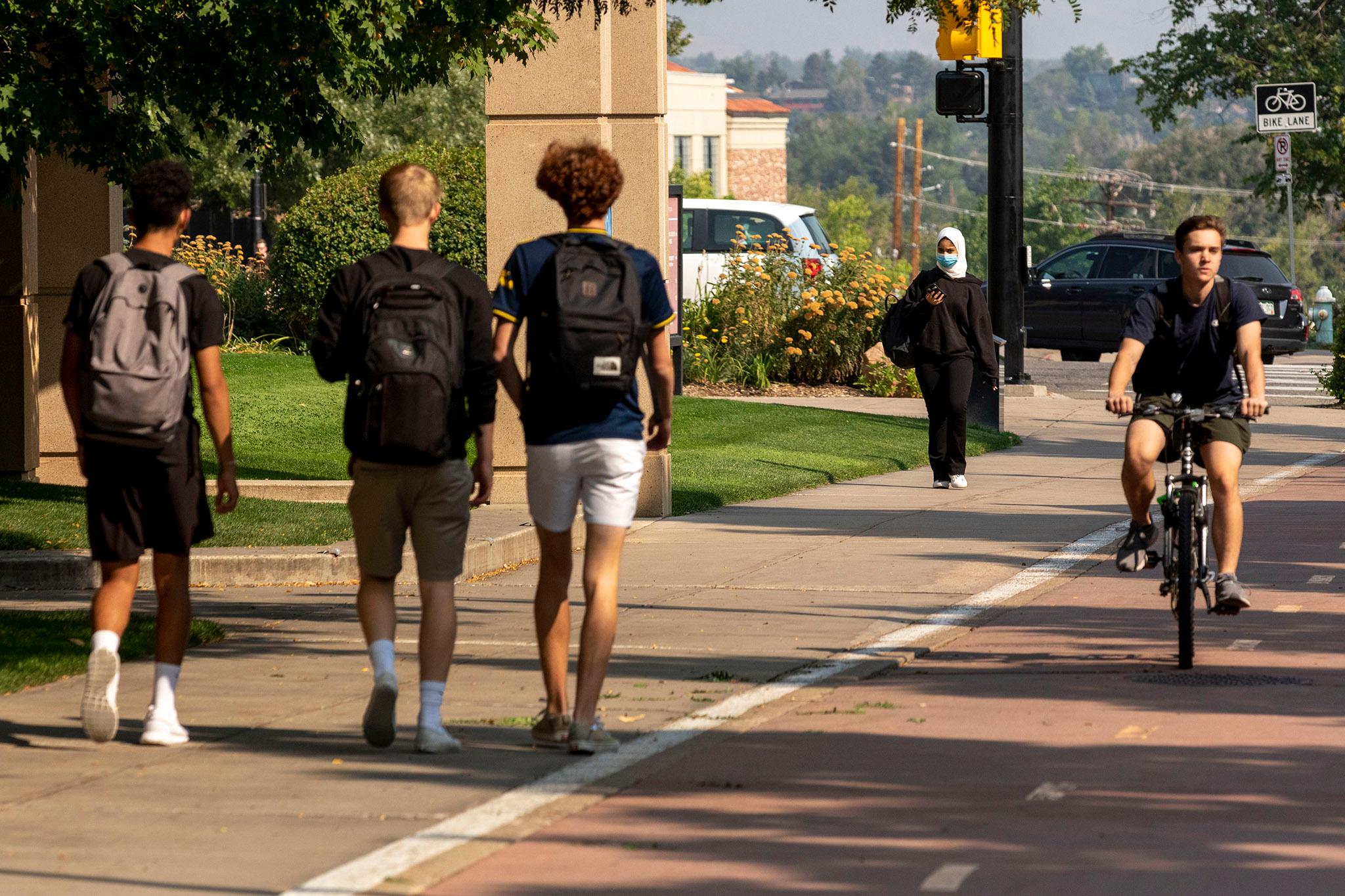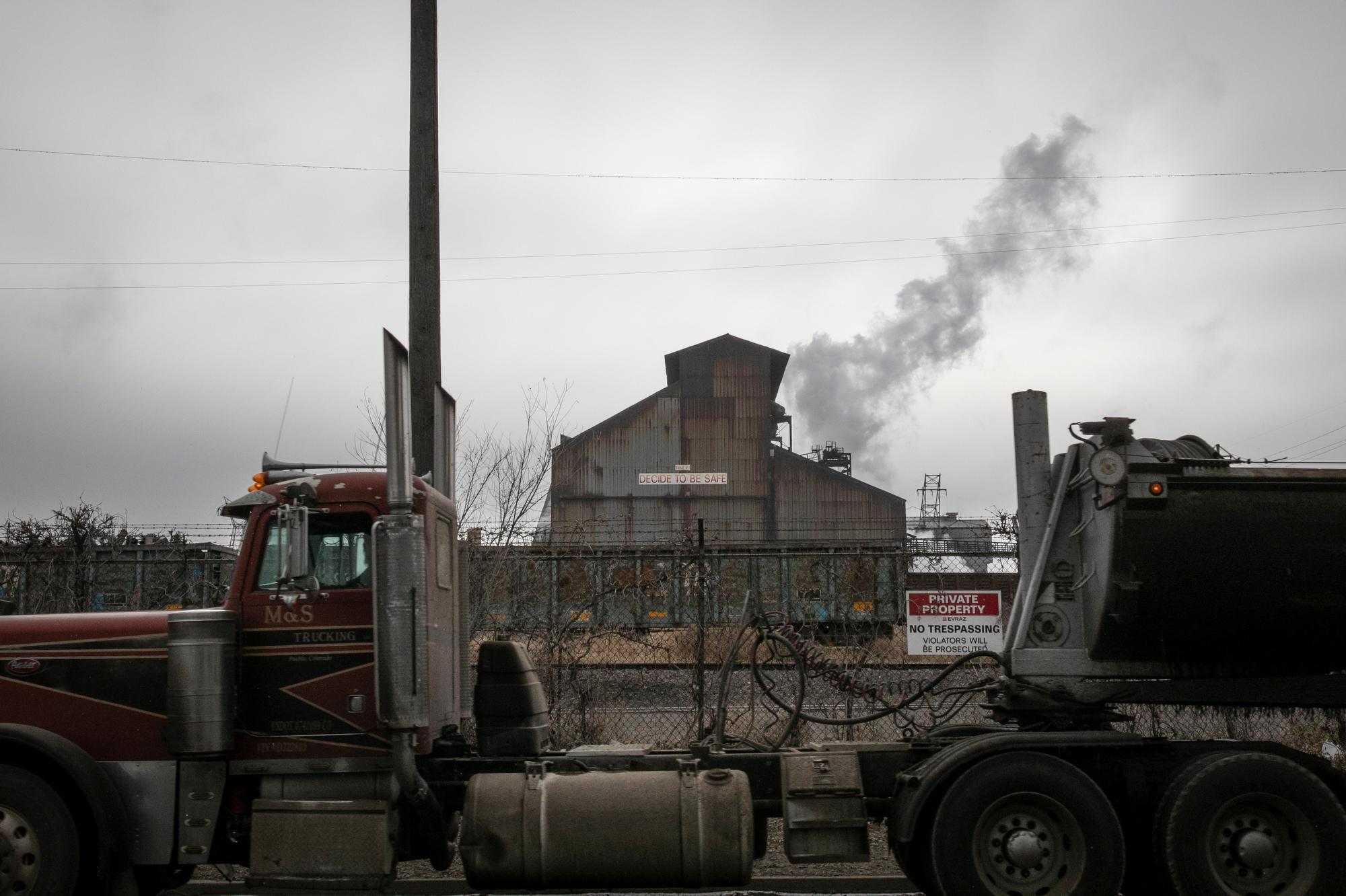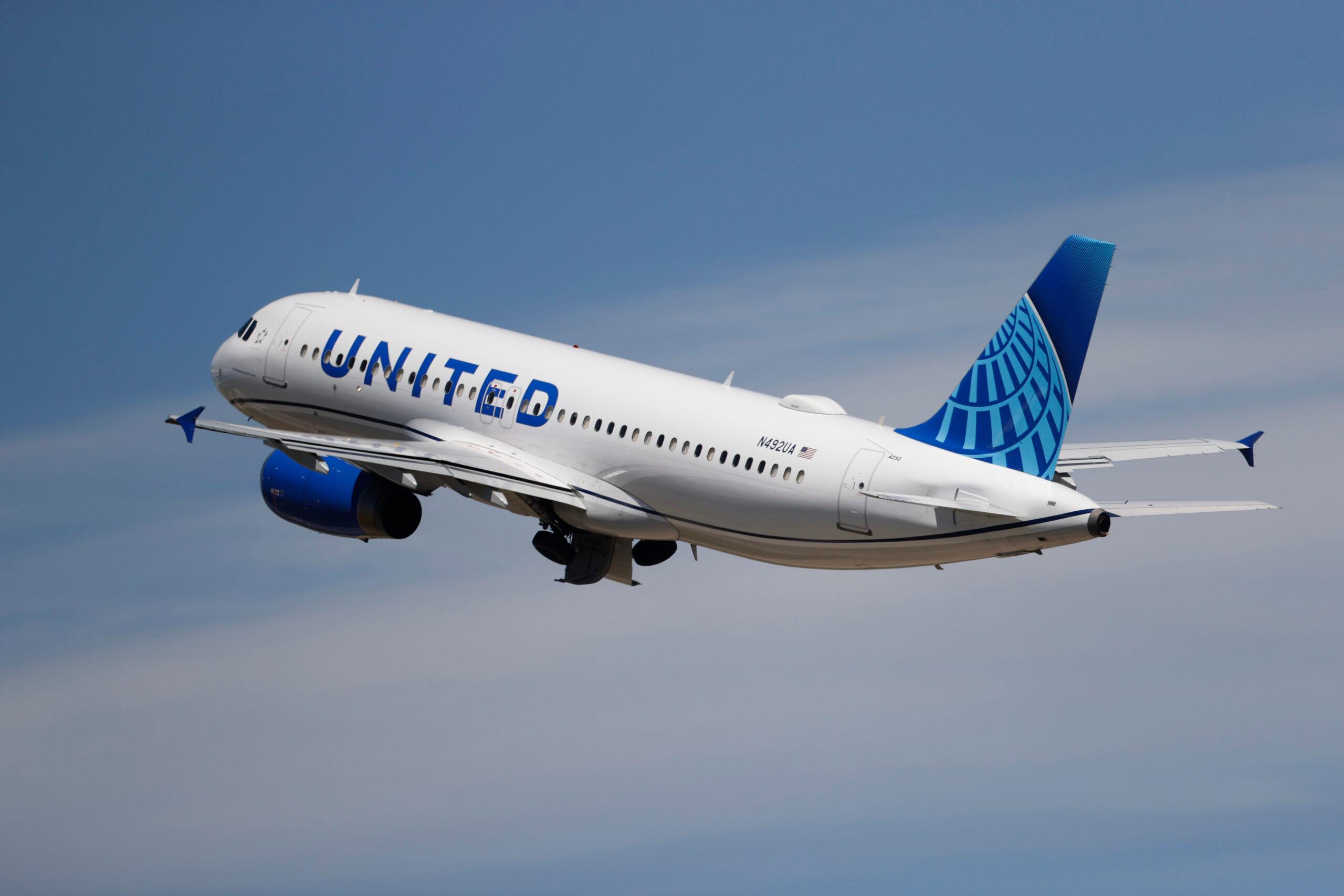
This story was originally published by Chalkbeat. Sign up for their newsletters at ckbe.at/newsletters.
By Jason Gonzales, Chalkbeat Colorado
After months of waiting, Colorado college advisors, families, and students finally know when the application for college financial aid will be available.
Last week, the U.S. Department of Education announced its shorter, simplified Free Application for Federal Financial Aid, called the Better FAFSA, will be released by Dec. 31 and be available through June 30. The form, which determines eligibility for federal money and scholarships for college, is typically released in October. The Education Department said the delays are because it took some time to simplify the form.
FAFSA completion correlates to whether students head to college, and Colorado has had one of the lowest FAFSA completion rates in the country. Last year, about 47% of high school seniors completed the form, compared to 58.9% nationally.
To help make the complex form easier for students and families to fill out, the FAFSA will be narrowed down to fewer than 20 questions instead of more than 100. Advocates have called for a simpler form for years, and the Education Department expects an increase in students qualifying for federal aid because more students are expected to fill it out.But the delayed release means counselors have less time to work with more students.
Nationally and in Colorado, about half of all high school students who fill out the form do so from October to December, said Bill DeBaun, National College Attainment Network senior director of data and strategic initiatives. The other half fill out the form from January to June.
Vinny Caricato, who runs the KIPP Forward program at KIPP Colorado Public Schools, says his students are already preparing to fill out the FAFSA. The schools work with about 250 students and aim to have 100% completion.
So far, he’s had students create federal online accounts, called FSA ID, and portfolios with documents they will need to apply. He also has students use the Federal Student Aid calculator to get an idea of how much money they could qualify for.
Natasha Garfield, Denver Scholarship Foundation scholarship director, said the new timeline also has shifted the usual plan for FAFSA season. The Denver Scholarship Foundation aims to help Denver students get to and finish college through advising and scholarships.
Most schools and nonprofits are holding FAFSA events in January — later than usual — to help families apply. The Colorado Department of Higher Education has already held workshops for counselors to prepare them for what’s new, including guidance on the Colorado Application for State Financial Aid, or CAFSA. It helps determine financial aid awards for undocumented students at state institutions. Those students can’t apply for federal aid. The application will open at the same time as FAFSA.
Garfield said the organization is gearing up for a “very busy spring” helping students through the FAFSA and CAFSA. The staff at DSF worked with over 3,400 students last year in high school. The organization also works with about 2,000 college students who need to renew their financial aid application.
Tiffany Gusbeth, Vice President of Student Success Services at the American Indian College Fund, worries about students feeling overwhelmed by how much they will need to do and consider.
Her organization works with Indigenous students nationwide, and she said her students are primarily first-generation students from low-income backgrounds who are less likely to make it to college.
She said many of the students she works with are interested in college, but don’t know about the financial aid process. Counselors have a limited time to get them the information they need.
“Motivation and momentum is really important,” Gusbeth said, “But once they’re about ready to graduate, they’re going to slip off the radar.”
Colleges’ financial aid letters might be available by mid-February at the earliest. Metropolitan State University of Denver officials estimate they will be able to notify students about aid offers in March and April. About a third of the school’s students qualify for federal aid.
Kerline Eglaus, MSU Denver’s executive director of financial aid and scholarships, said the school will be flexible with application deadlines, including for scholarships and its free college program.
The school has also sent out text message alerts to students about the FAFSA delay. Some current students were worried about when they would be able to renew their financial aid application, she said.
“We’ve just asked to please continue to give us grace,” Eglaus said. “Our offices are going to be working tirelessly to learn all of this new information to continue providing a level of knowledge that they (students and families) are used to getting from us.”
Jason Gonzales is a reporter covering higher education and the Colorado legislature. Chalkbeat Colorado partners with Open Campus on higher education coverage. Contact Jason at [email protected].
Chalkbeat is a nonprofit news site covering educational change in public schools.









